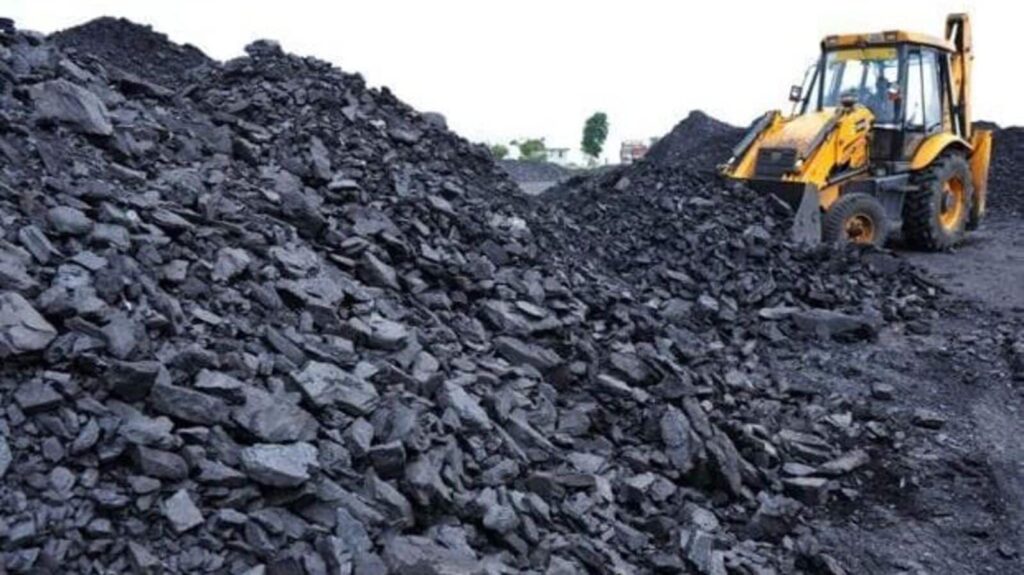India may extend bid deadline for ₹8,500-cr coal gasification scheme

Two people in the know of the development said that some companies have sought extension of the deadline beyond 11 November, the last date for submission as of now.
The requests are being considered and it may be extended, said one of the people mentioned above.
The second person said that given the government’s intent of establishing a robust coal gasification industry in the country, the coal ministry would like to have as many applicants as possible under the incentive scheme.
“Given the requirement of significant time duration for preparing project feasibility reports, the extension may be required,” this person added.
Govt push for coal gasification
In January, the cabinet approved the scheme for the promotion of coal and lignite gasification projects for public sector undertakings (PSUs) and the private sector with an outlay of ₹8,500 crore towards incentive for coal gasification projects under three categories—public, private sectors and startups—for demonstration projects. In the second category, ₹4,050 crore was provisioned for PSUs in which up to three projects will be supported by providing a lump-sum grant of ₹1,350 crore or 15% of capex, whichever is lower.
In category III, ₹600 crore was provisioned for demonstration projects (indigenous technology) and/or small-scale product-based gasification plants under which a lump sum grant of ₹100 crore or 15% of capex, whichever is lower.
The date of submission of bids is 11 November and the date of execution of agreement is 13 May 2025. The completion of the commercial scale coal gasification projects is expected by May 2030.
Coal gasification, the process by which coal is turned into fuel gas, is considered a cleaner option to burning coal, however, it is highly cost intensive. The gas produced through this process can be used to produce gaseous fuels such as hydrogen, methane, methanol and ethanol, among others. However, the high ash content in Indian coal is also a technical barrier to the larger adoption of coal gasification, making the government give incentives to attract investments.
Queries mailed to the coal ministry remained unanswered till press time.
Viability gap funding scheme
The national coal gasification mission under which the VGF scheme has been launched has the investment potential of over ₹4 trillion, according to Icra.
“Due to the scarcity in domestic natural gas, investments in coal gasification projects carry the potential to substitute a chunk of India’s imports of natural gas, urea, ammonia, and methanol. The technology’s adaption has been slow thus far, with only two industrial scale operating sites in the country,” said an Icra report, adding that the incentive can catalyze fresh investments.
It noted that in countries like China, with abundant coal resources, in order to reduce the import dependence on natural gas, a majority of the hydrogen requirement in fertilizer, methanol, and petrochemical sectors are being met from coal gasification. Brown hydrogen from coal/lignite currently accounts for around 21% of the global hydrogen production.
“Coal gasification is a highly capital-intensive process with 50% of the levelised cost of brown hydrogen being accounted for by interest, depreciation, and return on equity (RoE),” said the Icra report on coal gasification, adding that due to the Union government’s capital subsidy scheme, the cost of brown hydrogen is likely to decline by 7% to $1.30-1.50/kg, helping increase its cost-competitiveness.
Some of the major projects underway in this space including the joint venture projects of Coal India with Bharat Heavy Electricals Ltd (BHEL), Gas Authority of India Ltd (GAIL) and Steel Authority of India Ltd (SAIL) in Odisha’s Lakhanpur, and Sonepur Bazari in West Bengal, and the Durgapur Steel Plant.
Among other coal gasification projects which are underway, another state-run company NLC India Ltd’s lignite-to-methanol project is developing clean energy products from lignite, including syngas, diesel, and green hydrogen.








